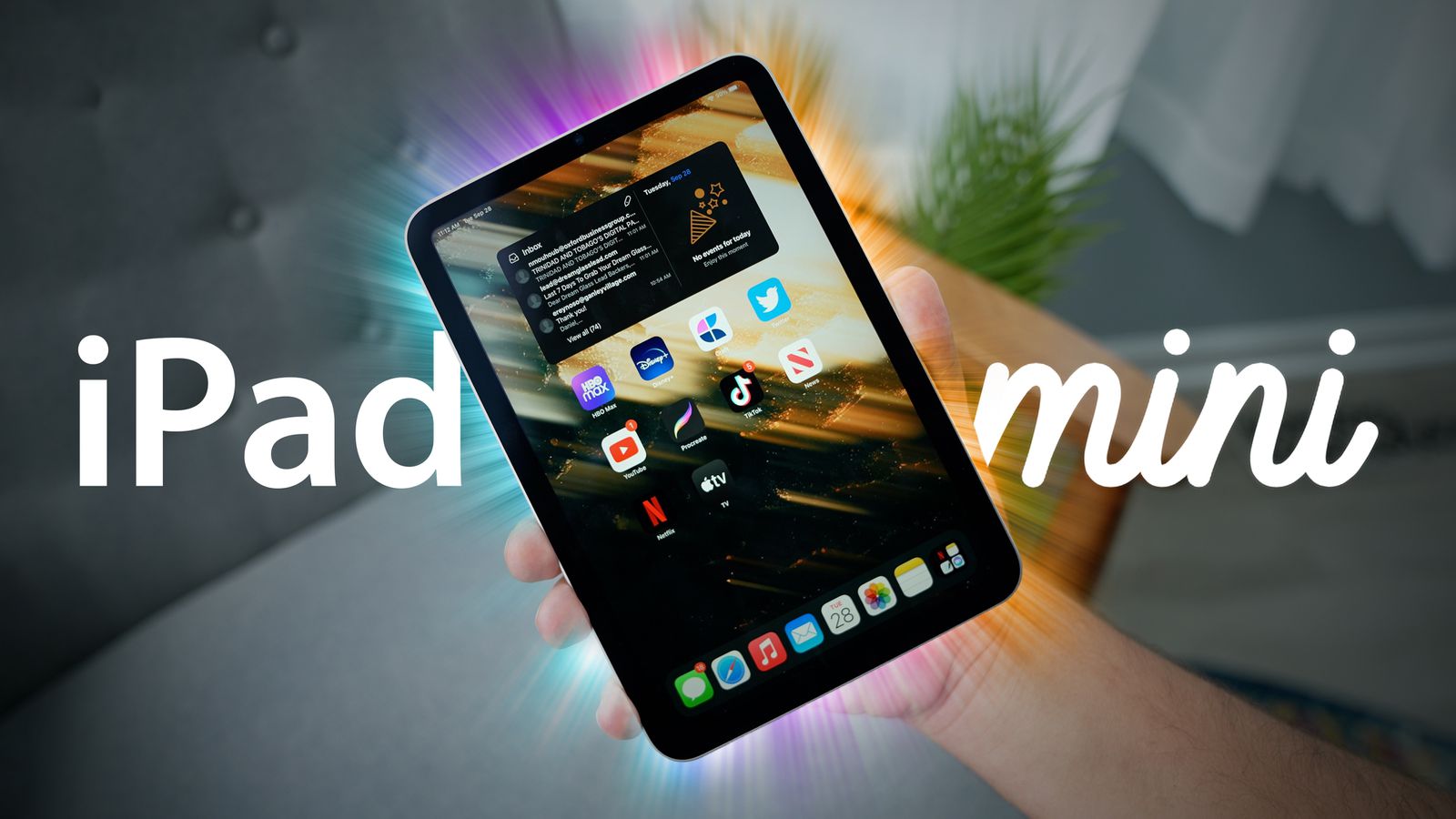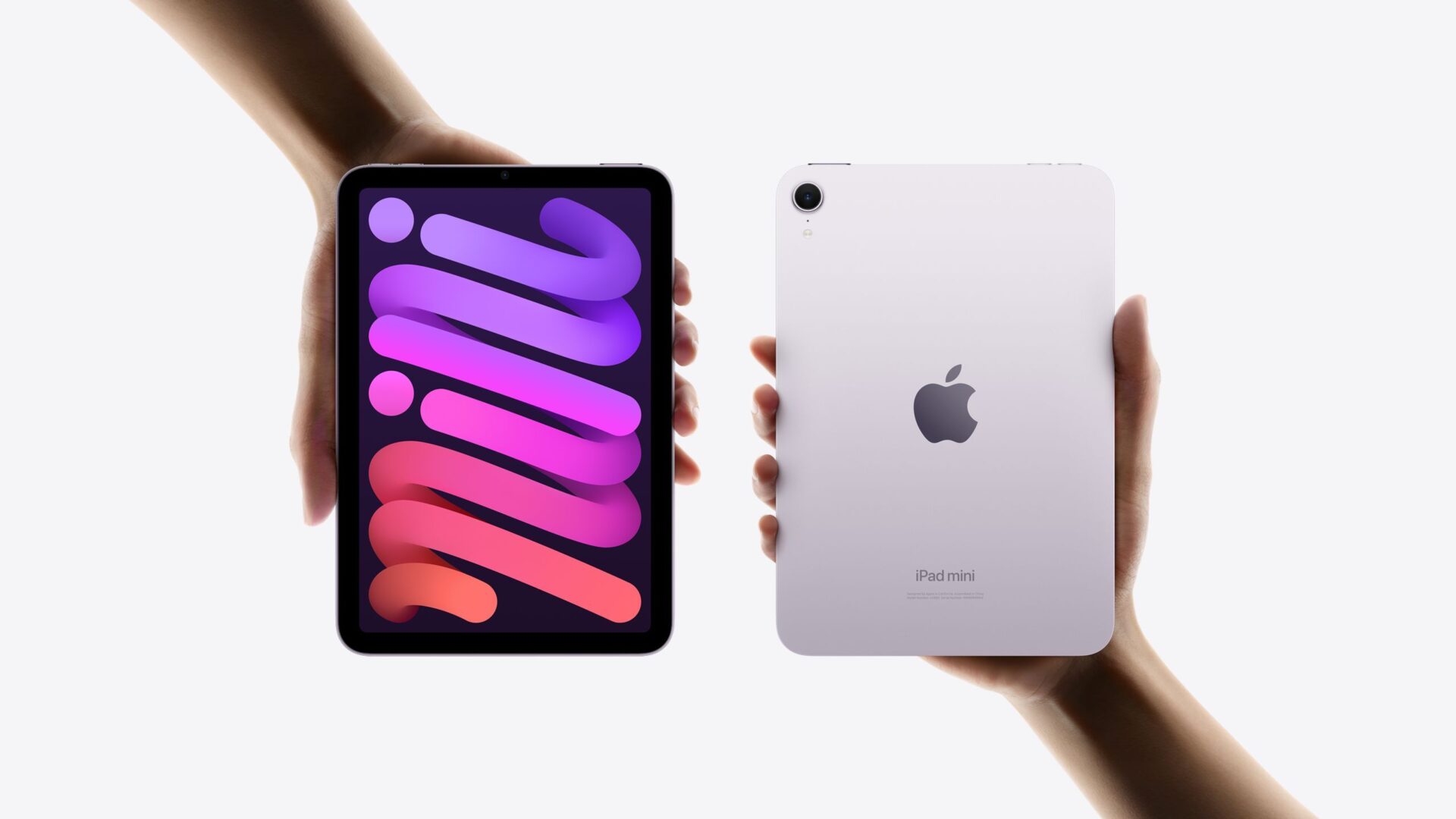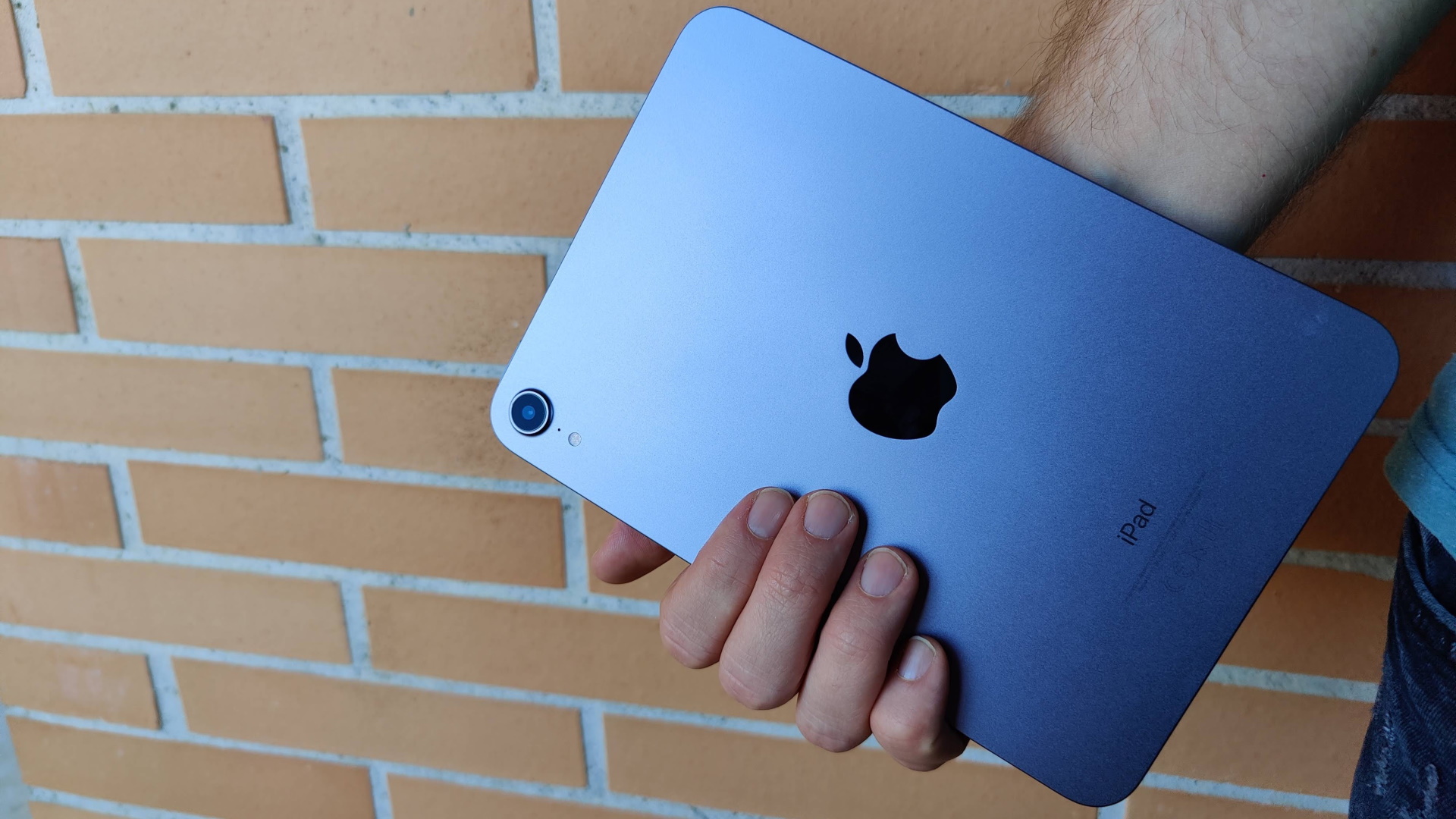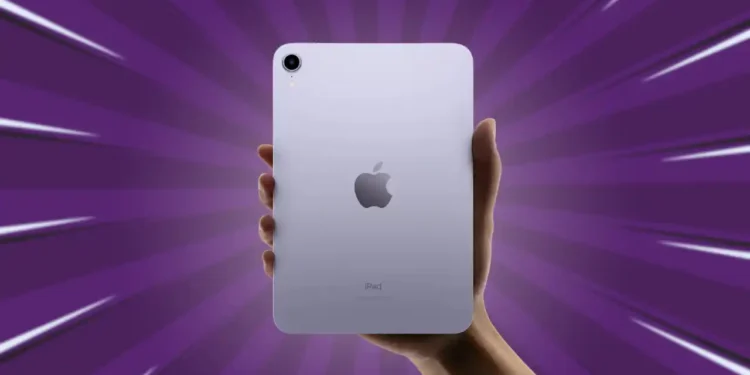As the digital landscape continues to evolve, tech giants like Apple are increasingly aligning their product strategies with environmental policies. A prime example of this trend is the recent launch of the iPad mini 7, which marks a significant shift in how tech products are packaged and sold in Europe. Unlike its predecessors and despite its advanced features, the iPad mini 7 arrives without a traditional charger in its box—a decision influenced heavily by upcoming EU regulations aimed at reducing electronic waste.
This bold move by Apple is part of a broader strategy to adhere to stringent EU policies set to take effect in 2026. These regulations mandate a reduction in electronic waste, prompting companies to rethink their product designs and packaging solutions. The lack of a charger in the iPad mini 7’s packaging applies not only to EU member states but also to other European countries outside the union, such as the UK.

Enhancements and Innovations: What’s New with the iPad Mini 7
While the absence of a charger might seem like a step back for some consumers, Apple compensates for this by including a new braided USB-C cable known for its enhanced durability and longer lifespan. This improvement is part of Apple’s ongoing commitment to sustainability, aimed at reducing the environmental impact of its products.
Furthermore, it appears that Apple is also phasing out the inclusion of Apple stickers in the packaging of its new devices, including the iPad mini 7. This decision aligns with Apple’s goal to eliminate plastic from its packaging entirely by the next year. However, for enthusiasts who cherish these small tokens, Apple stickers remain available upon request at Apple retail stores.

Global Contrast: Different Standards Across Continents
The approach to packaging varies significantly across regions. In contrast to Europe, Apple continues to include a 20W USB-C charger with the iPad mini 7 in markets such as the U.S., Canada, Australia, Japan, Brazil, and others. This disparity highlights the varying environmental regulations and market expectations around the world.
As Apple gears up for the official launch of the iPad mini 7 on October 23, following today’s acceptance of orders, the discussion around sustainable practices in tech continues to gain momentum. The charger-free initiative may pose an adjustment for some users, but it also opens up a dialogue about the role of tech companies in environmental stewardship.

By embracing these changes, Apple not only complies with regulatory demands but also sets a precedent for the industry, potentially inspiring other companies to follow suit in the pursuit of a more sustainable and waste-free future. This strategic shift may well redefine consumer expectations and could lead to a new era where the environmental impact is a pivotal factor in product design and functionality.










